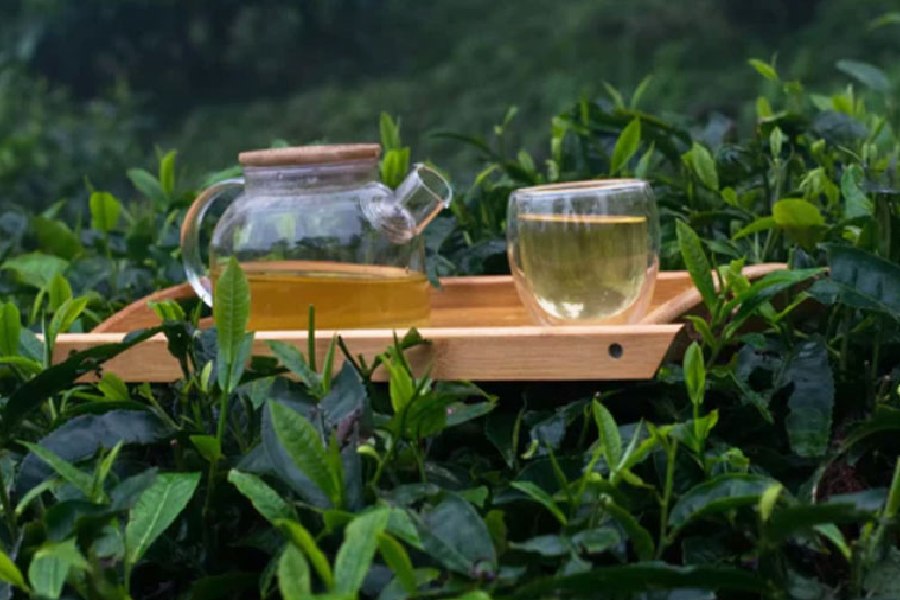The Indian Tea Association (ITA), the largest association of tea planters in the country, has demanded that a mechanism to conduct testing of green tea leaves be evolved to ensure that the leaves, which are processed in due course, are meeting the standards stipulated by the Food Safety & Standards Authority of India (FSSAI) concerning the use of chemicals and fertilisers.
“The tea estates and factories across India are registered with the FSSAI. According to the present testing protocol, testing of 33 chemicals is conducted on tea samples regularly by tea planters. Also, those who buy teas in bulk carry out such tests. Only then, do the teas reach the consumer,” said a representative of the ITA.
He said that the testing protocol includes the FSSAI-prescribed plant protection formulations and covers the testing of the presence of chemicals banned in the tea industry.
“There is. however, a need to create further testing infrastructure, including a mechanism for testing green tea leaves. ITA has flagged the issue before appropriate authorities. This mechanism will further ensure that tea leaves, if produced without complying with the FSSAI rules, are not used,” he added.
The assertion from the ITA comes after Shanta Chhetri, a former Rajya Sabha member from Darjeeling hills, sent a letter to the Prime Minister and Union commerce minister Piyush Goyal, alleging that tea imported from Nepal is being sold into India without proper checks.
The FSSAI should collect samples of Nepal teas which are sold in consumer packs of a prominent tea company and check the maximum residue level of 20 pesticides which are banned in the Indian tea industry, Chhetri said in her letter.











